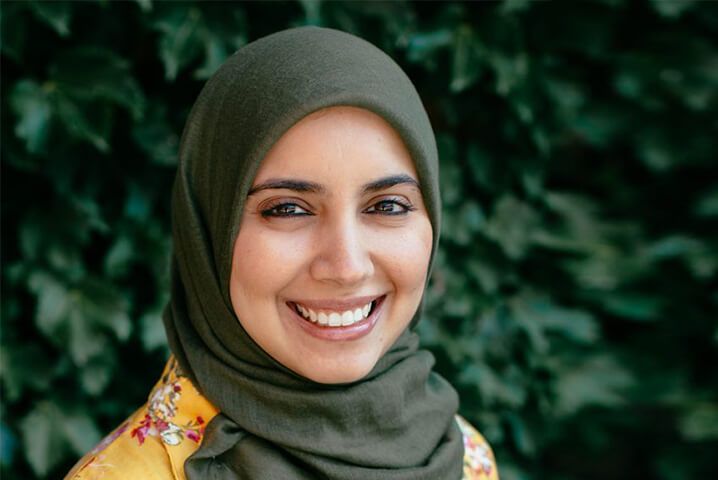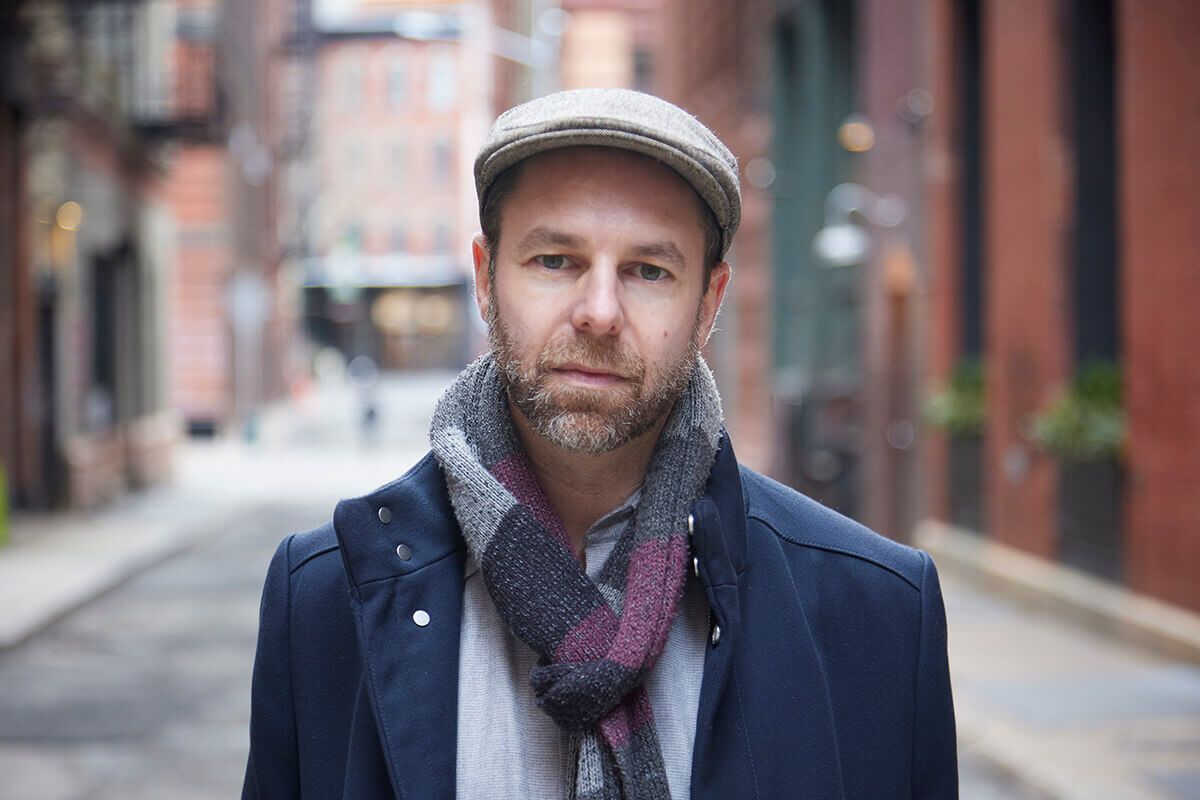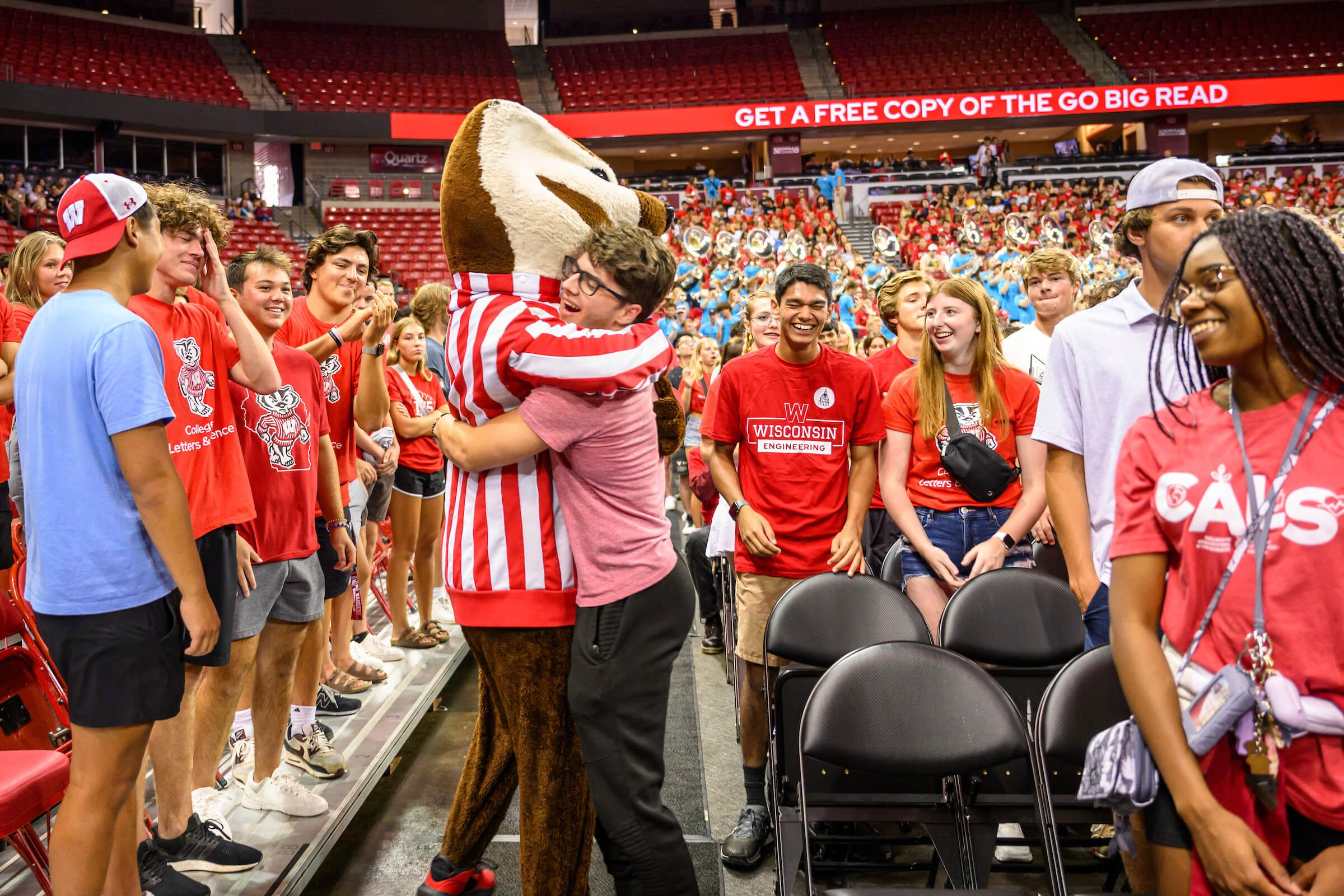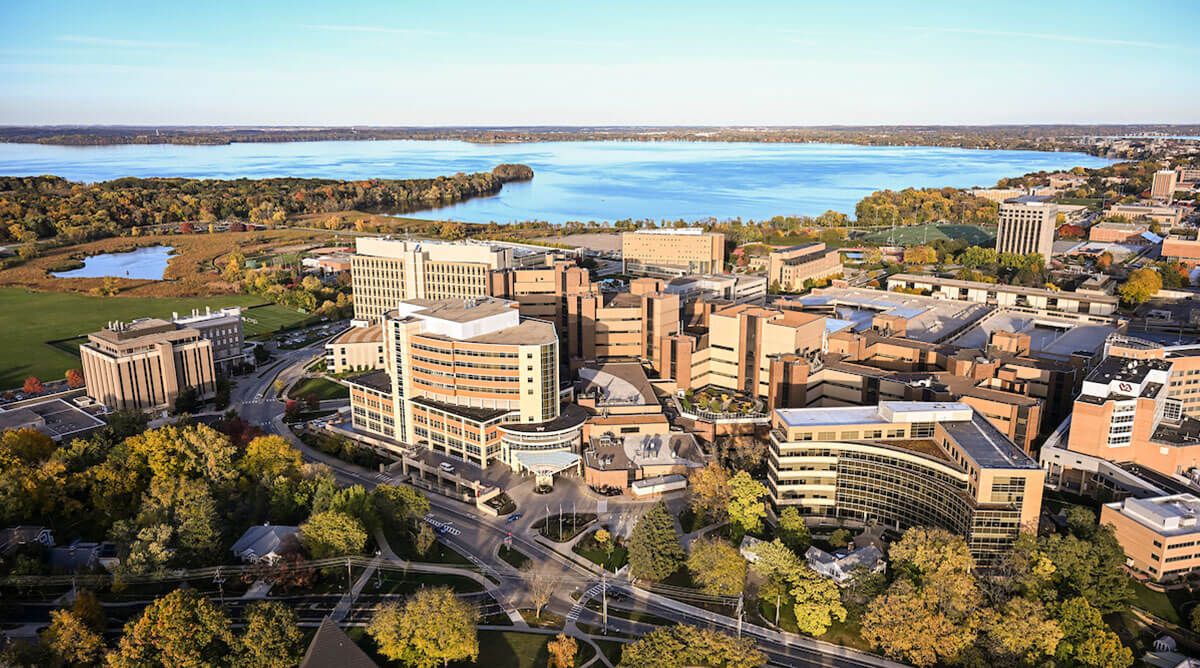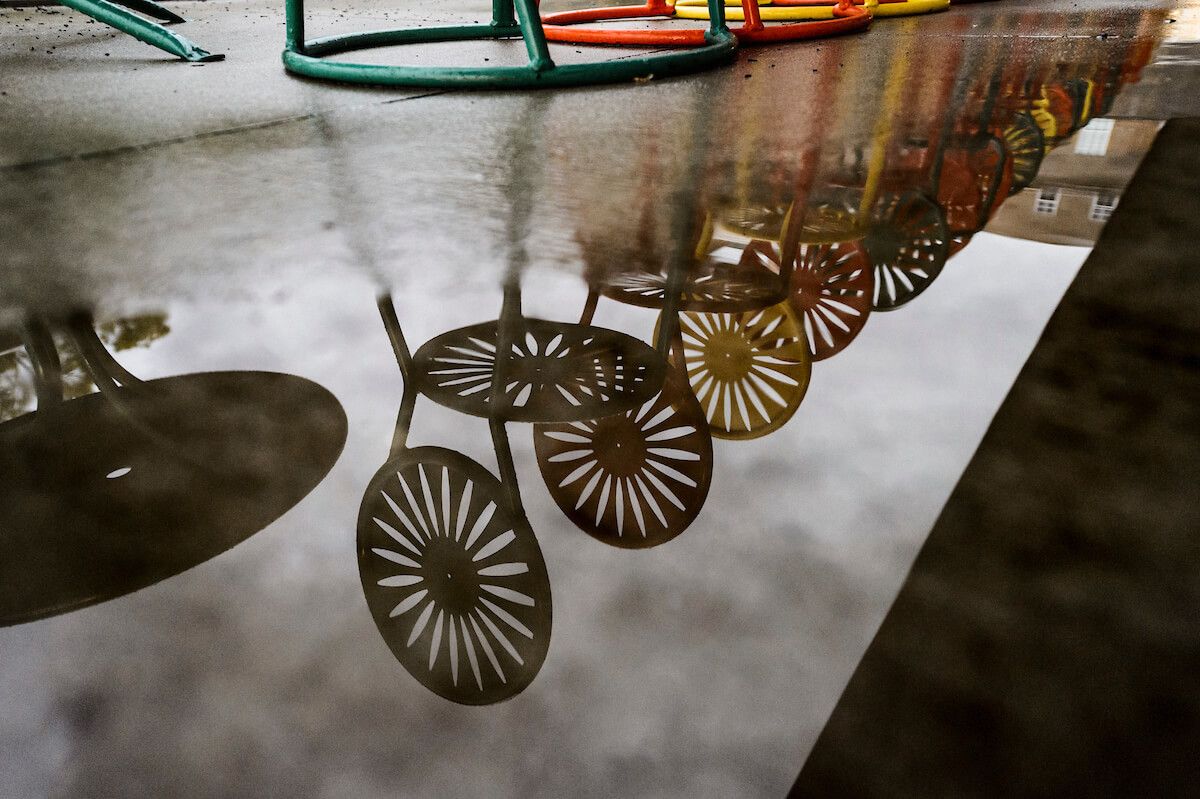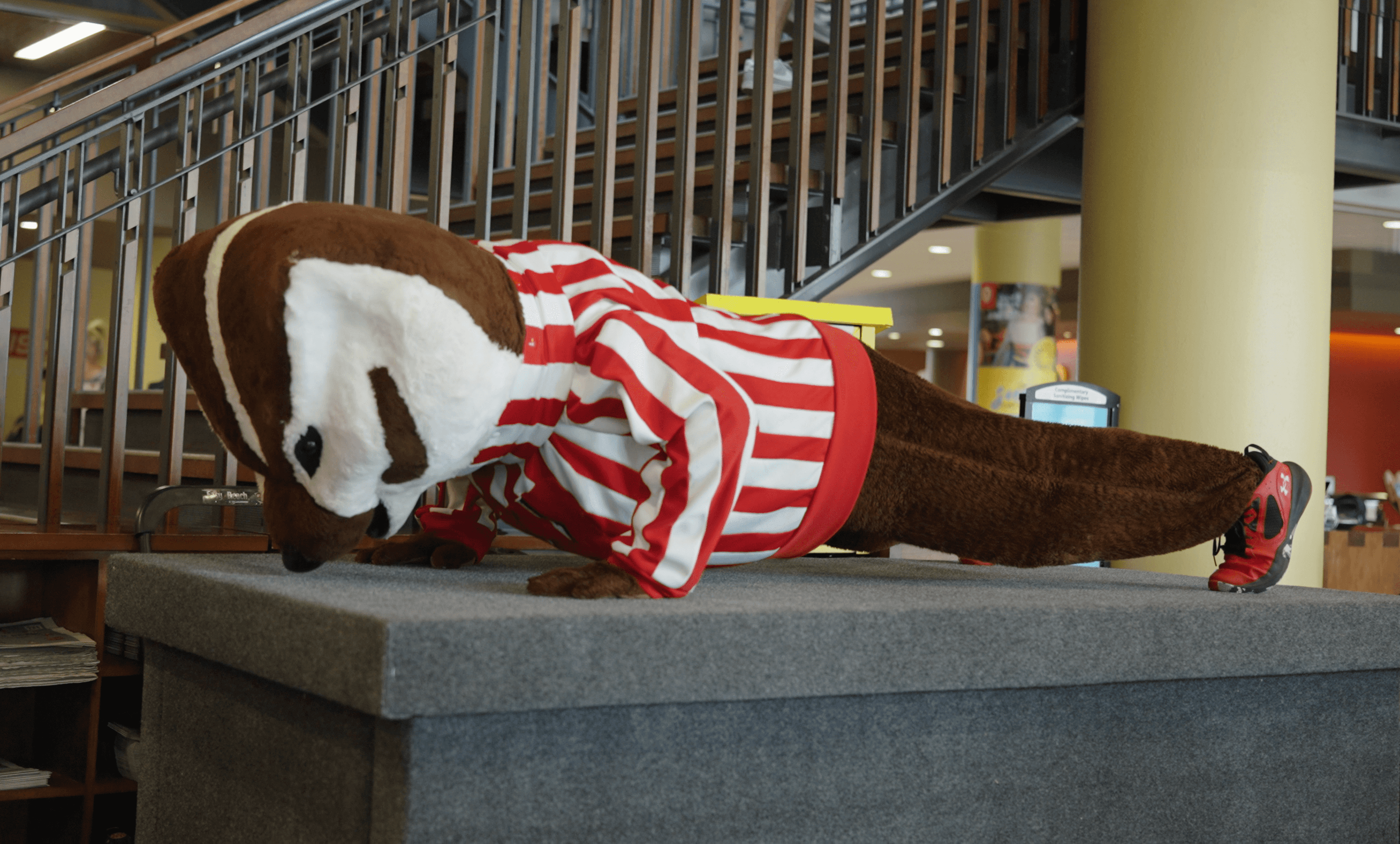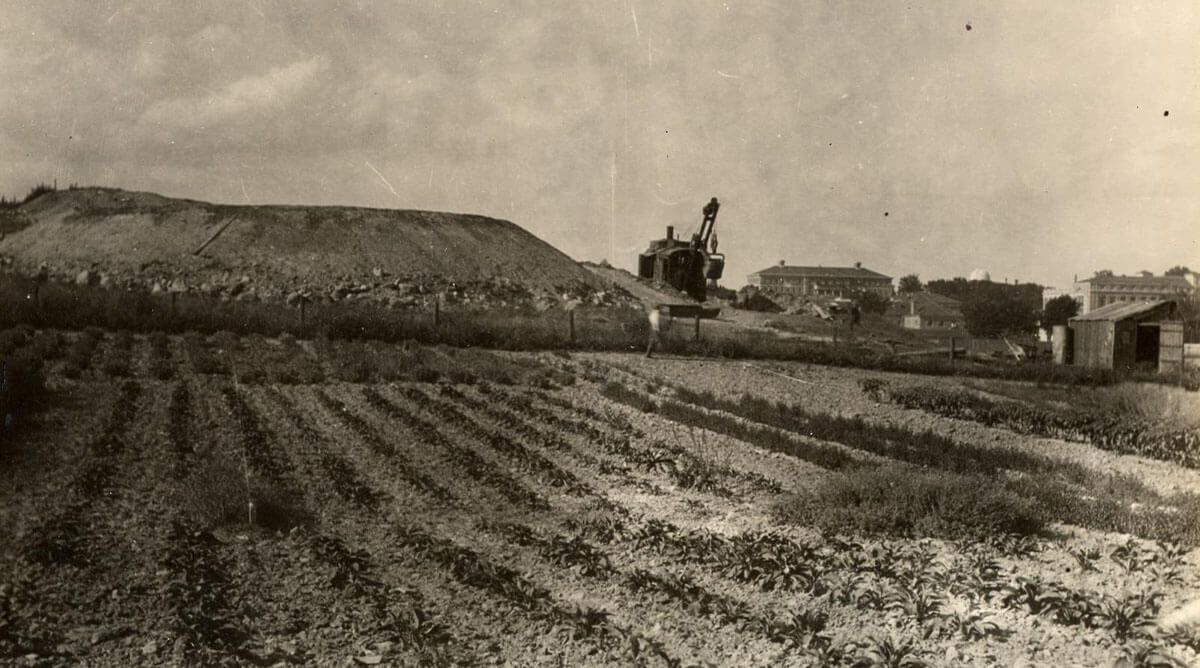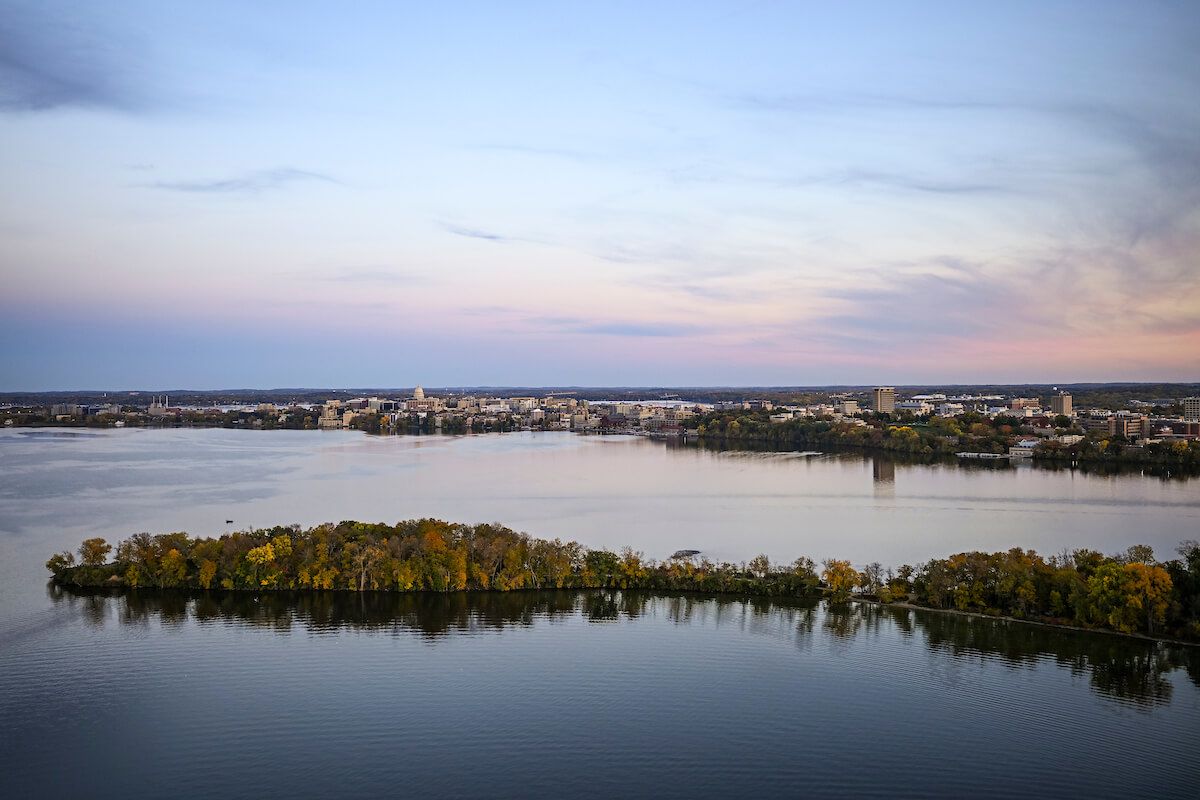UW–Madison has had a Muslim Student Association for going on 60 years — but it hasn’t yet hosted a Ramadan dinner. That nearly changed this year, thanks to Maria Ahmad, the assistant director for leadership and involvement at the Multicultural Student Center. Nearly — if not for COVID-19.
Ahmad was preparing to launch what she hoped would become a communal fast-breaking tradition during Ramadan, which takes place this year between April 23 and May 23. But the arrival of coronavirus let to a shutdown of campus events, and students were sent home in March. A communal dinner would have to wait.
But Ahmad believes in the importance of Ramadan traditions in helping to build a strong Muslim Student Association.
“It was about the 1960s when [Muslim Student Associations or MSAs] started popping up,” she says. “People were coming here and being like, ‘Okay, I guess I should hold onto my Muslim identity as well while being a student here.’”
Ahmad was an active member of an MSA as an undergraduate at Ohio State, and she remains a dedicated alumna.
“I still give back to my MSA directly, every month,” she says. “I know it made a huge impact for me. I think that if we can create that here, then [UW] alumni can help the MSA here. I think sometimes that guidance is just needed, and you don’t know where to reach out. So I’m hoping that by creating a stronger organization here it can help make the MSA on campus stronger as well, which I’ve seen happen in my own MSA.”
Ahmad says that although the UW MSA has existed since the 1960s, involvement ebbs and flows. She’s hoping to help students build a strong foundation for an active and engaged organization.
“One year the [MSA] president could be born and raised in Madison, a domestic student. So then not maybe reaching out to international students that much. Then another year an international student is president, so there’s a lot of international students involved,” she says. “Things like that often throw off the flow. I’m working in student affairs to be that somebody who can be there to keep it steady and stable and kind of just taking that slowly.”
Ahmad hopes a Ramadan dinner will facilitate connections and activate Muslim alumni to get involved. The plan started with conversations between Multicultural Student Center staff and the Wisconsin Foundation and Alumni Association.
“We were like, ‘How can we get the campus more involved in celebrating the month [of Ramadan] and recognizing it?’ And so with the alumni association, realizing there’s a lot of Muslims in Madison who went to UW, we asked, ‘How do we get them connected?’”
During the monthlong Ramadan observance, Muslims will not eat or drink while the sun is up, and meals after sunset will often take on a celebratory tone.
“At fast-breaking events, the meal is the central thing,” Ahmad says. “If sunset is around 8:30 p.m., we’re starting the program a little bit earlier so that we have that time to network a little bit, meet each other, introduce each other and to see what else we would like to do as a community.”
By connecting alumni and students, Ahmad hopes to form a community that continues to champion Muslim students.
“I think there’s a lot of work to do,” she says. “And I think just being the campus that we are, the main flagship campus, we kind of set the bar. I think we should take some of the risks and challenges to make bold moves. Not only are the other campuses in Wisconsin looking to us, but across the country. A lot of students don’t feel as welcomed and included on campus. And so I’m hoping that by doing these types of things, that can help others understand so there can be a welcoming environment.”
